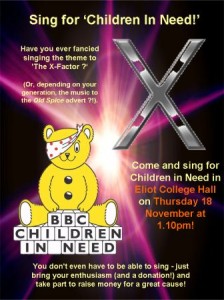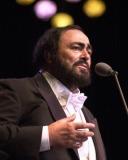Think of all those pop songs that have made an impact on your life. Remember those that reached into your soul and made you confront all those things that laid you low, that opened your heart and played with your tears; or those that brought an infectious smile to your face, and gave extra dazzle to the sunlight.
Think of those songs that have held your hand since you were a child, that have been with you through your life, that have walked with you through the sands. Songs that made you groove, made you want to dance or daydream. Songs that raised money for charity. Songs that people danced to at your eighteenth birthday, or your wedding, or that people always dance to in clubs.
Close your eyes: can you see them arrayed before you ? Can you hear them ?
Good: now listen to the ‘X-Factor’ finalist’s cover version of David Bowie’s Heroes, and tell me if it’s a worthy contribution to pop music.
Think of the visceral power of Bowie’s version, the sheer gut-wrenching passion that screams out through the recording, the anguish and the need that took an array of gated microphones to capture in the studio. And then hear the cover.
Bowie must be shuddering; or counting the royalties…


 Common themes include regular exercises and the avoidance of alcohol.
Common themes include regular exercises and the avoidance of alcohol.